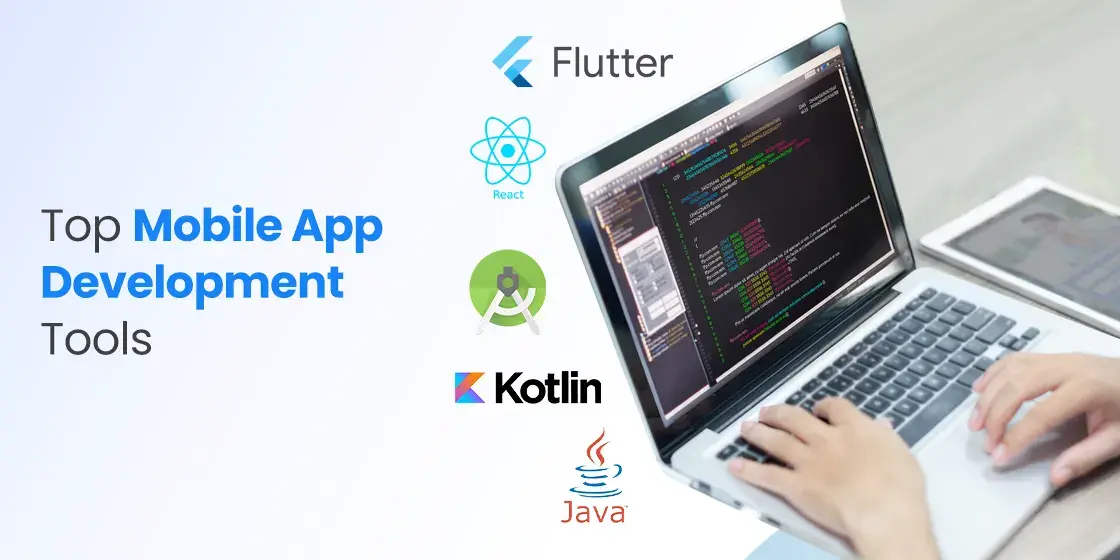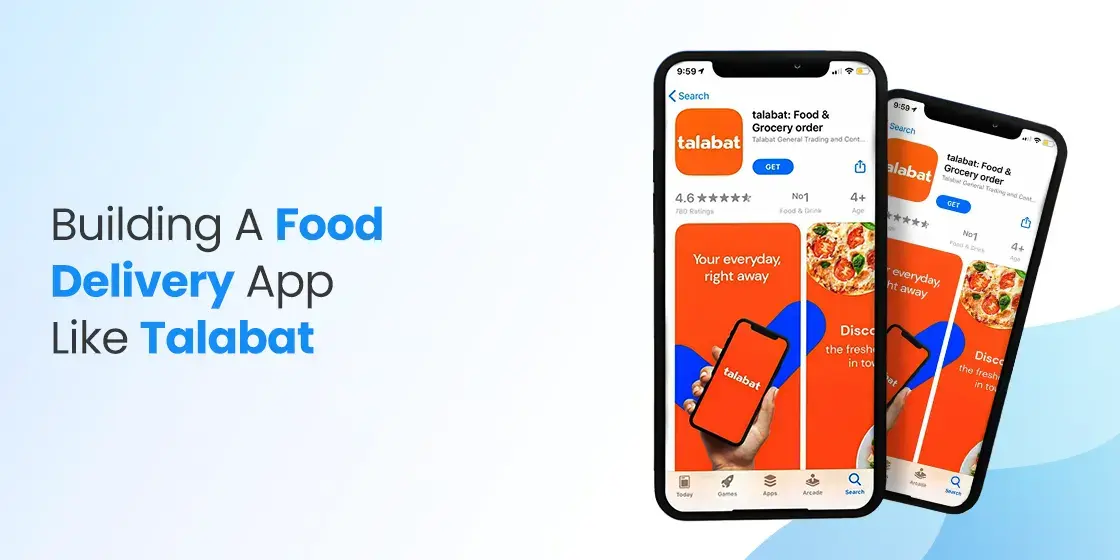Table of Content
Know What are the Best Mobile App
Development Tools Available in the Market
Mobile app development is currently in high demand in the software industry. From Europe to Middle East and Americas, this demand is surging day by day, as businesses are quickly moving towards digitalization to meet the requirements of the modern world. Due to this, many individuals want to pursue their careers in this field. They want to get connected with different clients and offer mobile app development services professionally. However, to do that, they need to first get some knowledge about top mobile app development tools that are required for this job. It is something that should be known to every developer, because it is connected to the basics of app development.
Unfortunately, many beginners do not have any understanding of these mobile application development tools. They think that any programming language or framework can be picked randomly without knowing its background. Furthermore, they do not understand how to check their compatibility with the project requirements, as that is also a key thing to notice while selecting the best mobile application development tools. This is where majority of beginners make mistake which eventually takes their project into failure.
It is therefore important to have a good understanding about mobile app development tools before starting any project. You should know which type of tech stack you will need to develop any mobile application. If you’ve got this knowledge, things will become easier for you to align in the project, ensuring to provide quality in the end. In this blog, we will talk more on this topic, so that beginners can understand which type of mobile app development tools should be selected for the projects.
However, before looking into the list of top mobile app development frameworks, let us first understand the rising importance of mobile apps in the world. Let’s take a look at it in detail below.
Why Mobile Apps Are Becoming a Top Market Demand?

Mobile apps are currently demanded more than anything in the software development industry. It has become an essential need for almost all types of businesses. Many companies have started in-house development instead of opting to outsource mobile app development. With the help of mobile apps, companies can facilitate their clients more effectively. This is one of those facts that can be easily seen in the market. Today, everyone likes to use a smartphone, hence it is a wise idea to reach them through the same channel.
Talking specifically about the commercial sector, there are many institutions that are investing heavily in the development of mobile apps. For instance, banks are now paying extra attention to build quality mobile applications. It is the demand of their customers that needs to be fulfilled by all means. Today, banking has gone digital, hence the need of mobile applications has become necessary.
Similarly like that, there are many cases that illustrates why mobile apps are becoming a top market demand. Their regular usage in the social circuit is the biggest reason why many event management companies in Dubai are thinking to develop quality apps. They understand that mobile apps can help them to grab customers’ attention, which can be later converted into leads by offering quality digital services.
Evolution of Mobile App Development Tools
Since 2005, mobile app development tools have undergone significant evolution. Early development tools were platform-specific and focused on basic functionality. In 2007, Apple introduced the iPhone and iOS SDK, followed by Google’s Android SDK in 2008, which marked a shift toward native app development. These SDKs provided developers with tools to access hardware features like cameras and sensors. Early frameworks, such as Java for Android and Objective-C for iOS, required platform-specific knowledge, which led to the fragmentation of development efforts across different platforms.
By the 2010s, the rise of cross-platform development tools began to address this fragmentation. Frameworks like PhoneGap and Xamarin allowed developers to write code once and deploy it across multiple platforms. This was followed by the introduction of more robust frameworks like React Native and Flutter, which improved performance and provided near-native functionality. At the same time, cloud-based development platforms, no-code/low-code tools, and automation features were introduced, simplifying backend integration, testing, and deployment.
Best Mobile App Development Tools Available in the Industry
Before starting any software project, you need to first know about its goals and objectives. This is necessary because it helps you to pick right methodology and tools to develop that application. Same principle also applies in mobile app development as well. It is recommended to first know about the requirements and then select tools according to them.
However, being a beginner, many people often stay confused during this selection process. They don’t have the basic understanding of the project requirements, which is why their concepts aren’t completely cleared. Most of them often pick the wrong tools that doesn’t help in the app development at all.
To help them out, we have compiled a list of top mobile app development tools below that are recommended by the market experts. If you do not know much about them, take a look at some of the best platforms and coding languages for app development defined below.
Flutter

Flutter is quickly becoming a popular framework to develop all types of mobile applications. It is based on the Dart programming language built by Google. It is an open-source SDK that provides great efficiency and performance in app development. Developers are simply loving Flutter because of its affordability and amazing feature set. By using the framework, they get the advantage to develop mobile apps quickly without raising much errors. It is a secure and fast platform where every task can be managed efficiently.
Talking about key framework features, Flutter offers ‘Hot Reload’ option that allows developers to open and render old code versions quickly. This is a very handy feature that provides them flexibility in editing the old coding programs on the go. Besides that, Flutter also offers various features to design creative app user interfaces. It also provides multiple options for backend support, meaning that developers can work with Java, Swift or any other language based on their preferences for mobile app development.
Generally, Flutter is used to develop Android applications. But, due to its vast compatibility, you can also use it to develop iOS applications. All of these things precisely states that the future of Flutter is bright. The platform already supports Swift language, so iOS app developers can take good advantage from its prebuilt features.
Xamarin
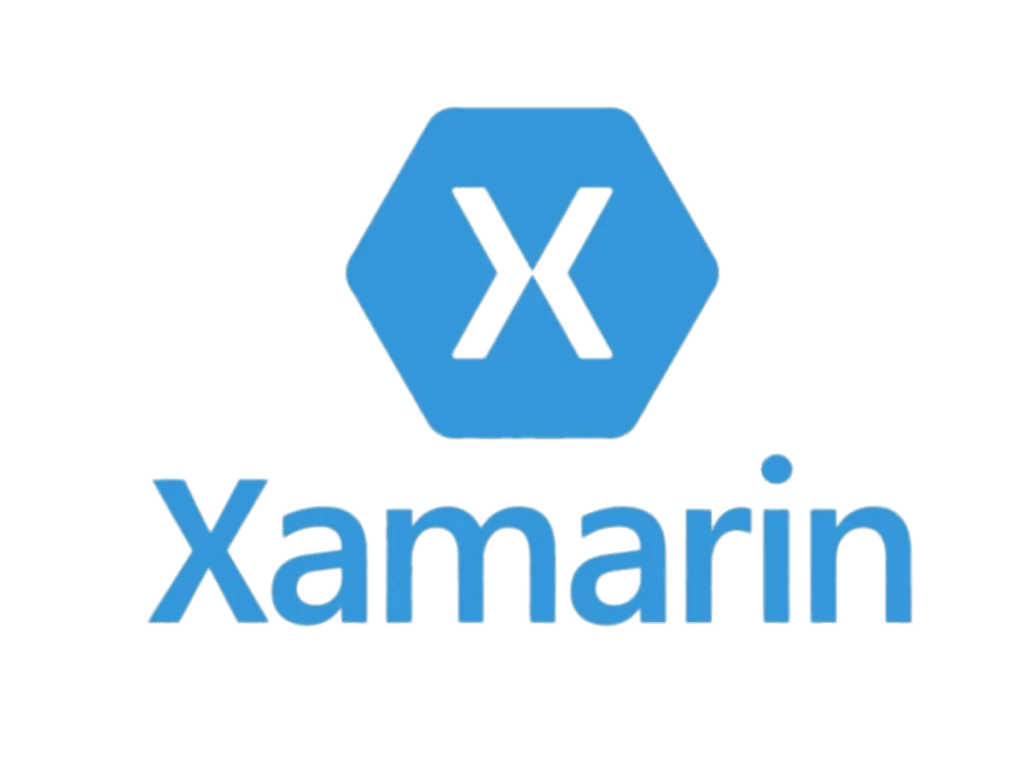
Developed by Microsoft, Xamarin is one of the best mobile app development tools available to build advanced smartphone apps. This platform is precisely preferred to build native real estate apps like Dubai REST and more others, because it provide top-of-the-line features for their development Using Xamarin, you don’t have to worry about security threats or unexpected termination of services. These little things do not brings any challenge for the developers, as they are already taken care by the platform itself. That is why developers love to use Xamarin to develop native applications on the go. As per the recent market survey, Xamarin has a share of 81.51% in the overall mobile app development market. A lot of share in this number relates to native app developers, as they prefer Xamarin over other platforms. There are plenty of features that makes number justifiable, such as platform specific IntelliSense that makes coding easier for beginners. Similarly, application indexing and deep linking is another feature that makes Xamarin one of the top mobile app development tools in the market. It is not a common feature that you will find in every other platform, hence Xamarin is pretty good.
Besides these, Xamarin also allows you to build, test and deploy mobile apps using a proper cycle. It makes development streamlined, letting you manage all the key stages efficiently. Due to these features, Xamarin has become a top choice of mobile app developers, hence it will continue to rule the industry in the coming years.
React Native

React Native is quite famous among the mobile app developers these days. It is a JavaScript based framework that provides variety of features for UI/UX designing. It is compatible with both Android and iOS platforms, hence developers from both sides can easily use it whenever they want. The good thing about React Native is that it uses a single codebase to offer programming functionality for all platforms. This features completely eradicates the limitations, allowing app developers to work freely with the framework.
Launched by Facebook in 2015, React only grew stronger and stronger as the years passed on. Today, every frontend developer knows about React, as it is considered one of the best mobile application development tools available in the industry. If you don’t have got good knowledge of React, then UI designing would become difficult for you. This case applies to both mobile and web development. The reason is that React is used for both of these projects, hence its clear understanding is required at all places.
Speaking about the community, React has an ever-growing circuit of frontend developers. It is used by thousands of people around the world, which is what makes it community so strong. It is therefore expected that the technology will remain relevant in the industry for a long time, especially for the UI design of mobile apps.
Ionic
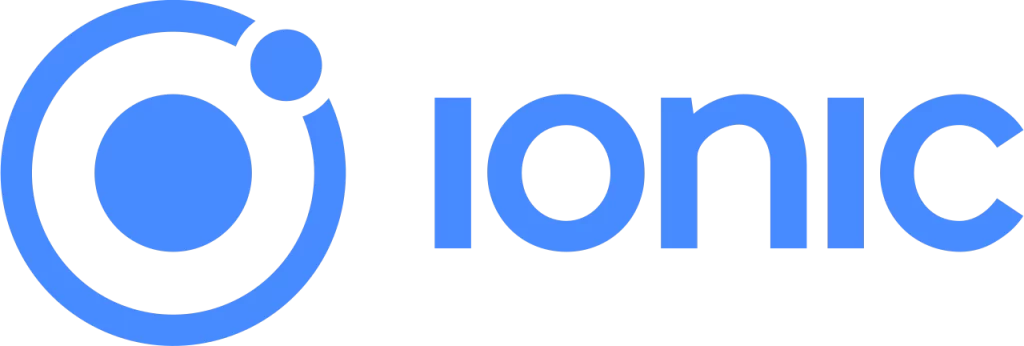
Ionic is one of the best mobile app development tools that is used to build hybrid mobile applications including fitness app development, ecommerce apps and more others. The framework provides several unique features to the developers, such as sending release updates directly to the users after development. This is one of those things that is not commonly found in other frameworks, hence Ionic takes the lead in that area.
Ionic also offers great ability to automate process workflows. From native binary builds to QA testing, Ionic helps to streamline everything at a rapid pace. This features precisely comes in handy for the developers when they are occupied with different tasks. They can automate these things using Ionic, and can focus on the other jobs requiring more attention.
Ionic can also be used to develop native app binaries in the cloud. Though this job requires a lot of in-depth technical knowledge, but it is certainly doable with various Ionic packages. Besides that, Ionic also allows to get live activity feeds of central and shared dashboard areas. All of these features makes Ionic a perfect package for app development, provided you’ve got the basics cleared.
jQuery

Speaking about popular JavaScript libraries, the name of jQuery also comes first in the list. It has become a top mobile app development tool in the market due to a variety of features. It is an advanced JavaScript library that is used to simplify the development of web pages and mobile apps. The framework provides number of features to make mobile app development easy, such as HTML/DOM manipulation, cross browser support and more others.
Rating the graph of compatibility, jQuery is compatible with all major mobile platforms, including iOS, Android, and Windows Phone. This means that you can develop a single mobile app that will work on all of these platforms. Besides that, jQuery is a very lightweight library, which means that it does not add a lot of overhead to your mobile app. This can help to improve the performance of your app.
Just like React Native, jQuery also has extensive documentation, which makes it easy to learn and use for beginners. It is therefore advised to first get a good grip on languages like jQuery, as it can help you to delve into the field of app development quickly.
Onsen UI
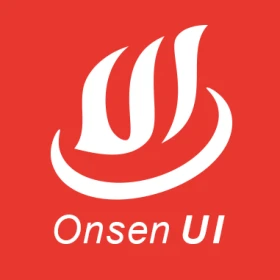
Onsen UI is relatively new in the market, but it has already started to grab attention of the mobile app developers. The reason is that it provides tons of advanced features to develop quality mobile and web apps. Not just that, it is one of those platforms that can be used to develop Progressive Web Apps (PWAs). This is indeed a unique feature that is not offered much by different app development platforms.
Onsen UI is compatible with all major mobile platforms, including iOS, Android, and Windows Phone. This means that you can develop a single mobile app that will work on all of these platforms. Onsen UI also provides a rich set of UI components that can be used to create beautiful and responsive mobile apps. These components include buttons, menus, forms, lists, and more other options.
Framework 7
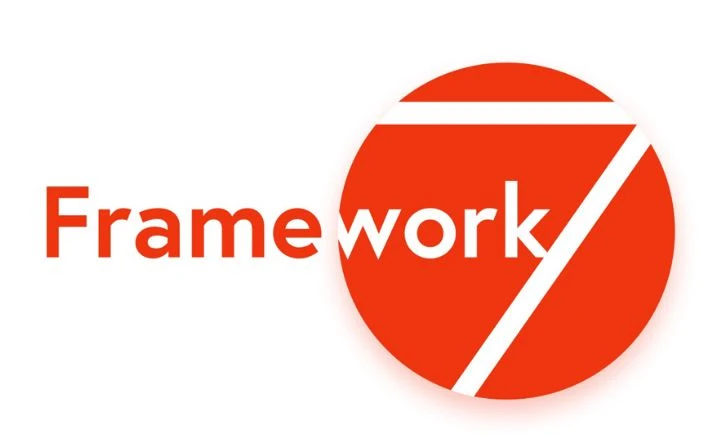
Framework7 is an open-source, mobile HTML framework that makes it easy to create native-looking mobile apps for iOS and Android. It is a popular choice for mobile app developers because it is easy to learn and use, and it provides a wide range of features and functionality.
One of the key features of Framework7 is its cross-platform support. This means that you can use the same code to create apps for both iOS and Android, which can save you a lot of time and effort. Framework7 also provides a rich set of UI components that can be used to create beautiful and responsive user interfaces. All of these features make Framework 7 one of the best mobile app development tools available in the industry, especially for the development of iOS apps.
Xcode
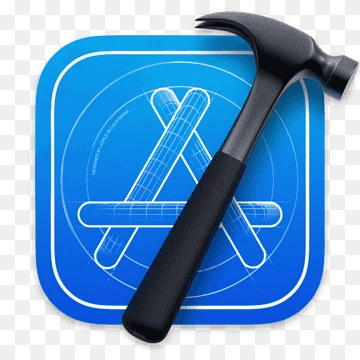
Xcode is a powerful IDE designed specifically for creating native mobile applications across various Apple platforms, including iOS, macOS, and iPadOS. It provides developers with all the necessary tools, such as a code editor, debugging capabilities, and performance analysis, to streamline the app development process. Whether you’re working on apps for iPhones, iPads, or Macs, Xcode offers a seamless environment to design, test, and optimize your application easily.
If you’re planning to develop an app for iOS or macOS, Xcode is an ideal choice. Its built-in support for Apple’s frameworks and languages, such as Swift and Objective-C, allows you to create feature-rich and user-friendly applications tailored to the Apple ecosystem. Additionally, with its robust suite of testing tools and simulators, Xcode enables developers to test apps thoroughly on virtual devices, making the development process smoother and more efficient.
Cocoapods
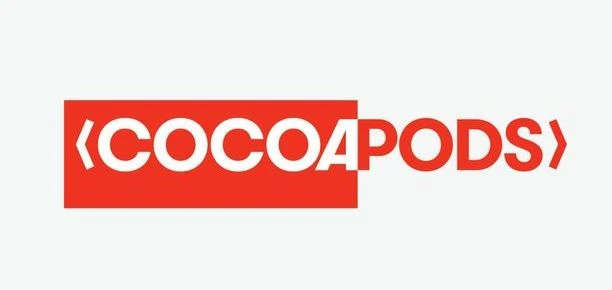
CocoaPods is a widely-used dependency manager specifically designed for Xcode projects, making it an essential tool for iOS and macOS developers. It simplifies the process of integrating third-party libraries into your app, automating the setup and configuration required to incorporate external code. With CocoaPods, developers can easily manage and update libraries without manually handling individual files, streamlining workflows and ensuring compatibility across various dependencies.
One of CocoaPods’ standout features is its extensive repository, containing over 89K libraries that can be seamlessly integrated into your projects. These libraries offer a wide range of functionalities, from UI components to networking tools, making it easier to add advanced features to your apps without starting from scratch. CocoaPods is used in more than 3 million applications, underscoring its reliability and efficiency in helping developers build scalable, feature-rich applications while maintaining a clean and organized codebase.
AppCode
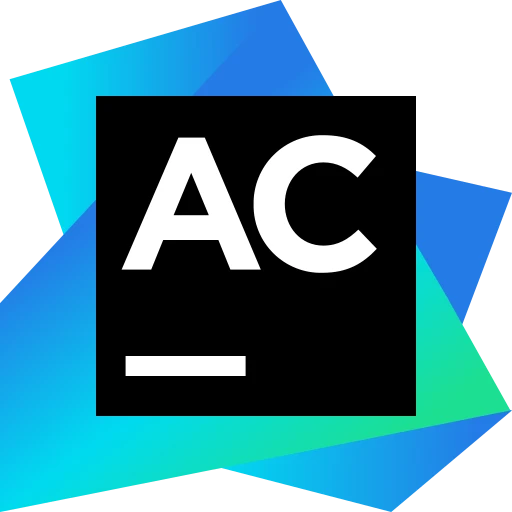
AppCode is a robust integrated development environment (IDE) developed by JetBrains, specifically tailored for building iOS, macOS, watchOS, and tvOS applications. Known for its powerful code analysis tools and smart coding assistance, AppCode supports multiple programming languages such as Swift, Objective-C, C++, and JavaScript, making it a versatile choice for Apple platform development. It offers various features and seamless refactoring options, all of which help developers write clean, efficient code while reducing errors and technical debt.
One of the key advantages of AppCode is its deep integration with existing Xcode projects. Developers can easily open and work on Xcode projects within AppCode. Additionally, AppCode enhances productivity with its advanced navigation options, customizable key bindings, and built-in version control support. Its focus on automation and smart suggestions streamlines many aspects of development, from debugging to testing, making AppCode a highly efficient alternative or complement to Xcode.
BuildFire
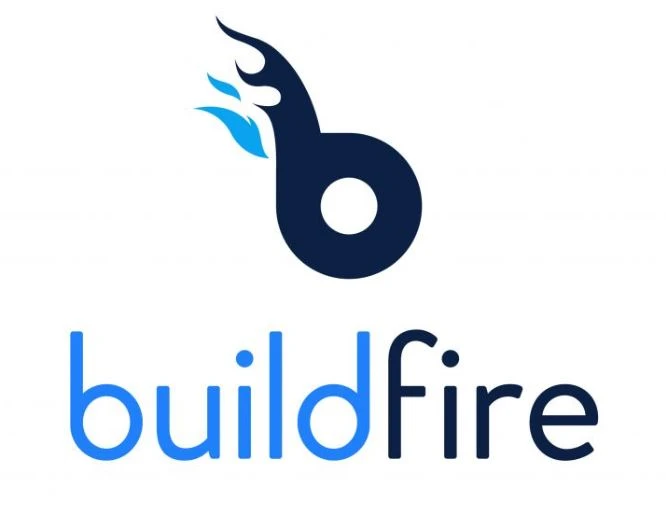
BuildFire is a highly accessible and user-friendly app development platform that allows users to create mobile applications without the need for coding skills. Designed with simplicity in mind, it offers a drag-and-drop interface, making it ideal for non-programmers. With its intuitive design, users can customize various app elements, including features, layouts, and functionality,. This makes BuildFire a popular choice for those looking to develop mobile apps without hiring a dedicated development team.
As a DIY platform, BuildFire is especially beneficial for businesses looking to create custom applications without a significant time or resource investment. The platform provides a wide range of pre-built templates and plugins, enabling users to incorporate advanced features such as push notifications, user authentication, and in-app purchases with minimal effort. For individuals with limited technical expertise, BuildFire offers an efficient solution for app development, allowing them to bring their app ideas to life without the complexities of traditional coding.
Parse

Parse is a comprehensive mobile app development platform that provides a suite of tools specifically designed for building and managing iOS applications. It offers backend services that streamline the development process by handling essential tasks like data storage, user authentication, and others. With Parse, developers can focus on creating the front-end and user experience of their apps without worrying about managing the underlying infrastructure, making it a popular choice for both new and experienced iOS developers.
In addition to its robust backend services, Parse simplifies the app management process by providing tools for monitoring app performance, managing user data, and analyzing usage patterns. Developers can also use Parse to easily integrate third-party services, enabling a smooth, scalable development workflow. Whether you’re building a simple app or a complex data-driven one, Parse provides the necessary tools to manage your app’s lifecycle efficiently.
Frequently Asked Questions
| Which popular tools are used for mobile app development? There are many popular tools used for mobile app development, each with its own strengths and weaknesses. Some of the top name among them includes Flutter, Xcode, Android Studio and more others. |
| Which API is best for mobile app development? For mobile app development, you can use different types of APIs available currently in the market. As per the best market reviews, it is recommended to go with Firebase, Google Cloud Platform API and more others. |
| Which programming language is best for mobile app development? There are many programming languages that can be used for mobile app development. For beginners, it is recommended to go with Kotlin, Swift and Java at the initial stages. |
| What is the most used framework for mobile app development? Currently, there are tons of frameworks used for mobile app development. However, as per the usage stats, React Native and Xamarin are used more by the mobile app developers. |
| What are the key points you need to remember while developing mobile apps? To create a mobile application, you need to keep some important points in mind. It includes proper market research, right selection of development methodology, on-time QA testing and more others. |
Top Articles to Explore:
Final Words
That takes us to the end of this blog in which we have discussed some of the best mobile app development tools available in the market. Being a beginner, you should know about these tools in detail, as they come in handy to develop different types of mobile applications. In this blog, we have covered some of the top rated mobile app development tools precisely, so that you can understand application and advantages in app development properly.
Meanwhile, if you are looking for a company that can help you to develop quality mobile applications, get in touch with us today. Our experts have got years of app development experience, hence we can assist you to develop all types of mobile apps efficiently.

Empower your digital journey with StruqtIO - Your dedicated partner for cutting-edge custom software development, innovation, and digital transformative solutions. Harness the power of technology to elevate your business and redefine your digital landscape today.
